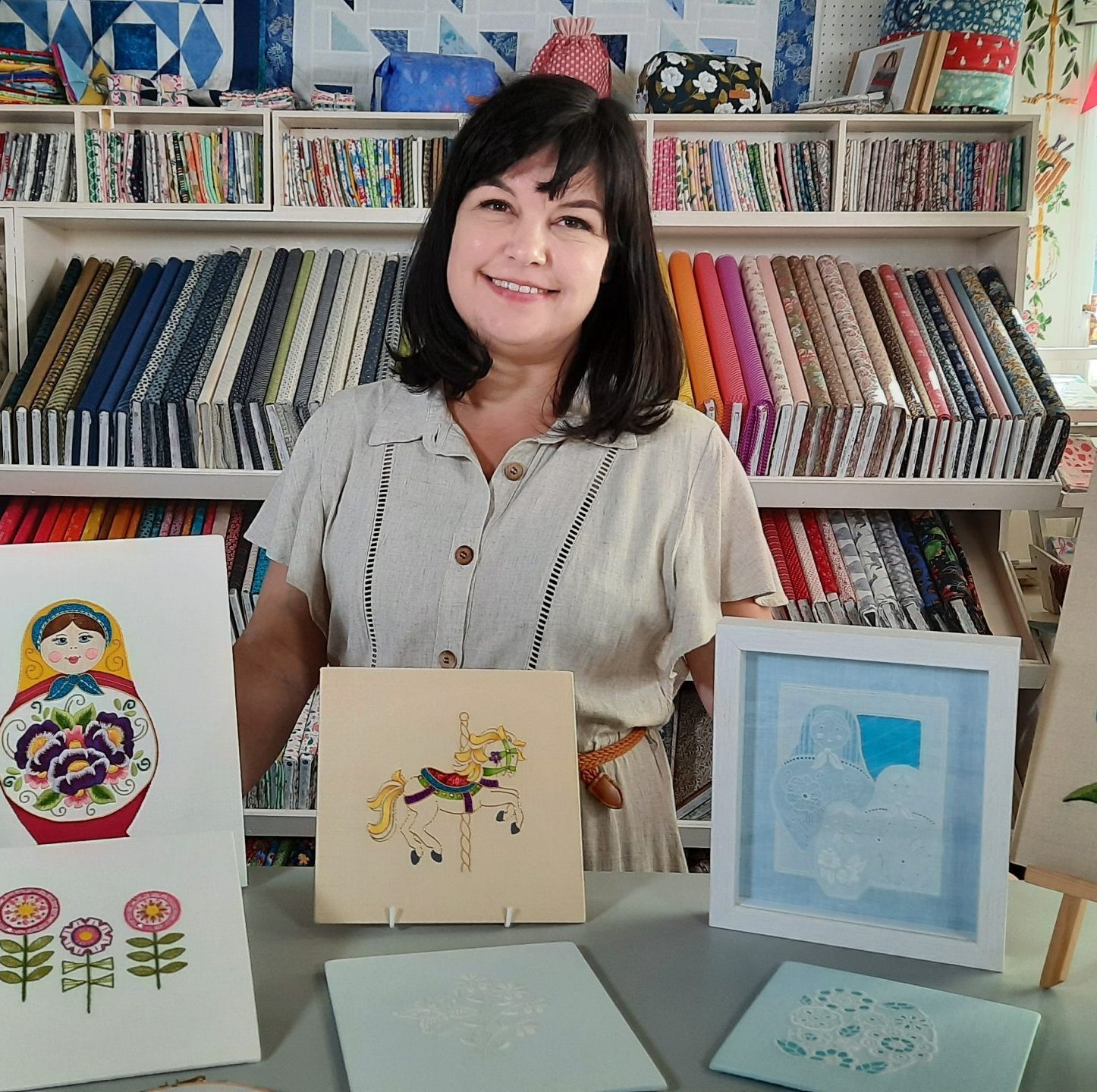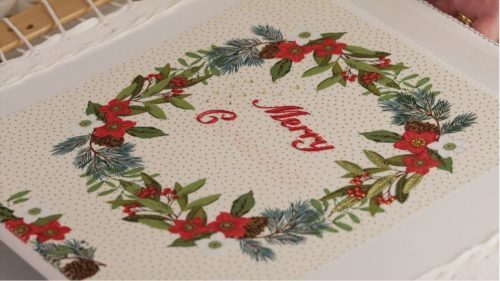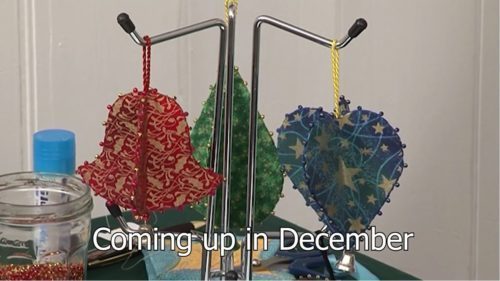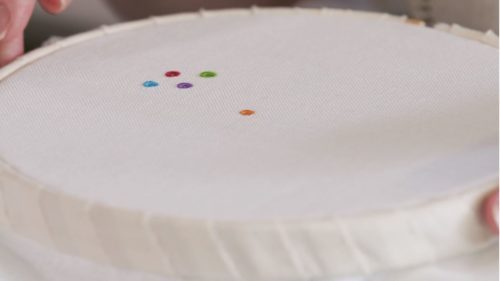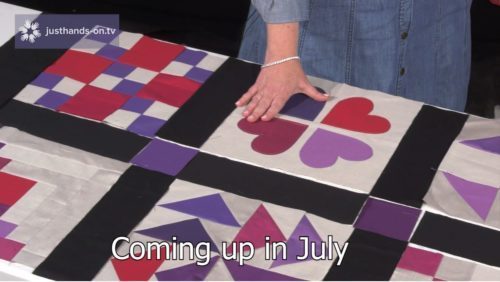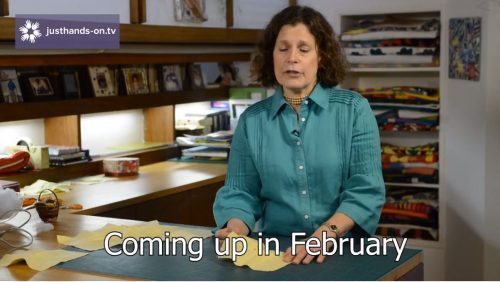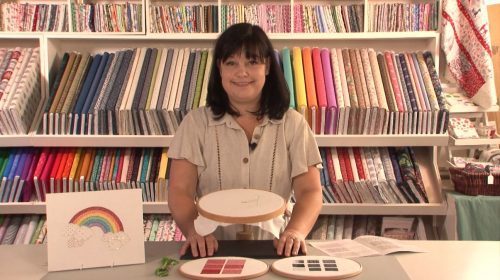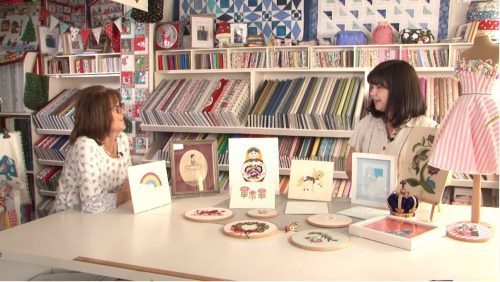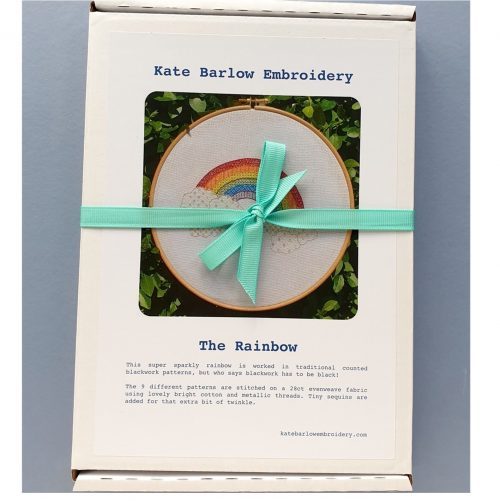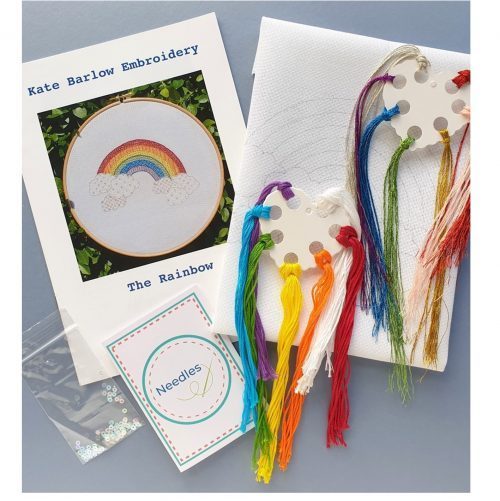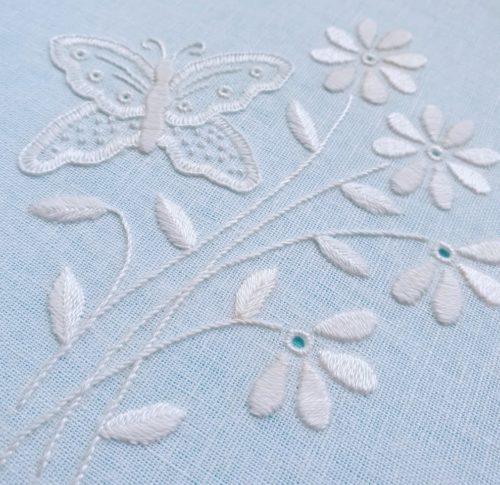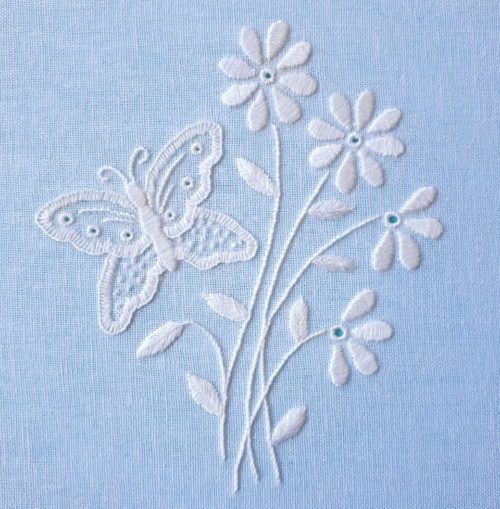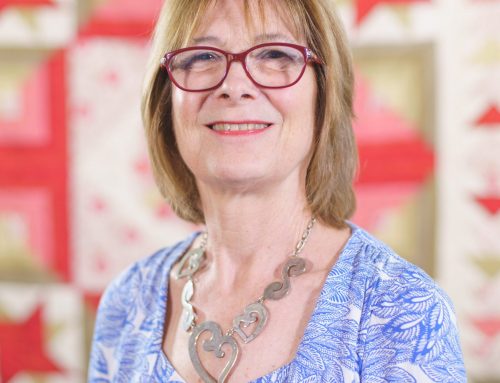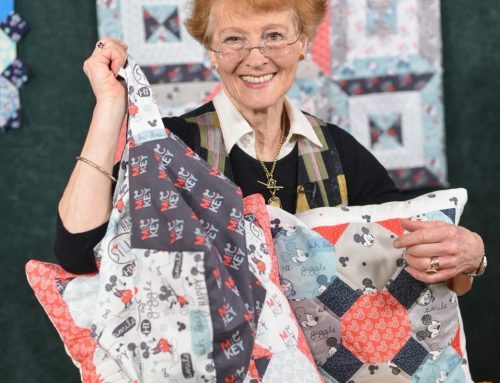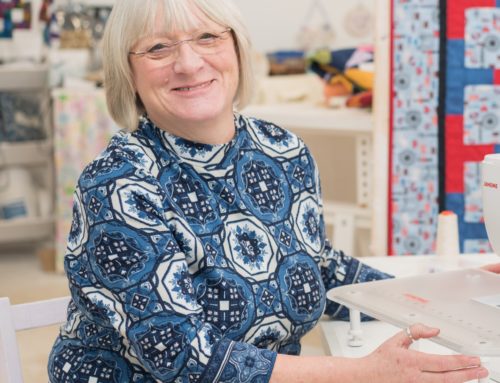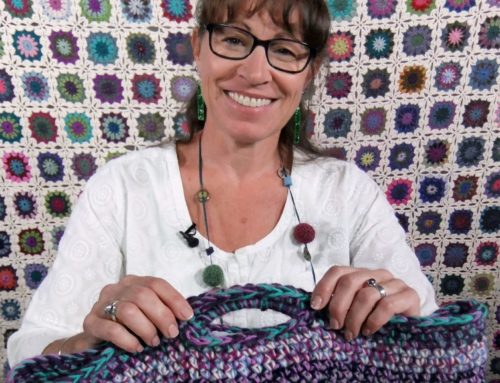About Kate
Kate grew up in North Wales and originally studied costume at the Royal Welsh College of Music and Drama in Cardiff before graduating in 2001 with a BA Hons in Theatre Design. Following this she worked as a freelance costume maker at Glyndebourne Festival Opera and then as part of the Touring Wardrobe department at the Welsh National Opera. Kate has always loved hand embroidery, and got the stitching bug from her Nan at an early age, so in 2013 she decided to take the plunge and re-train as an embroidery tutor at the Royal School of Needlework (RSN) at Hampton Court Palace.
Kate graduated from the Future Tutors Programme at the RSN with distinction in 2016. During the course she studied many traditional hand embroidery techniques including goldwork, Jacobean crewel work, blackwork, stumpwork and silk shading. In 2015 Kates Advanced Silk Shaded budgie “Smuggler” was accepted by the Royal Academy of Arts for their annual Summer Exhibition. The piece was also made into a greetings card.
Kate loves to design her own embroidery kits, using traditional techniques in a contemporary way. She also likes to combine her embroidery with her love of historical dress, creating kits based on original pieces. Her classes can cover all levels of ability, from absolute beginners to more advanced stitchers. When she’s not involved in freelance projects Kate works as a stitcher for the RSN in their commercial studio, working on conservation, restoration and private commissions.
Kate has taught for the Royal School of Needlework at Hampton Court Palace, RSN Bristol, Bath Fashion Museum, Williamsburg School of Needlework in the U.S., and the RSN 2018 Summer School in Lexington, Kentucky. She also teaches for The Craft Sanctuary, Needlework Tours and Cruises, The Alpine Experience, Crewelwork Company, and justhands-on.tv !
In 2018 Kate was runner up in The National Needlecraft Awards 2019 Embroidery Designer of the Year category.
Signature Technique
Silk Shading
Top Tips
- You invest a lot of time and love in your stitching so always buy the best quality materials and equipment you can afford. This will give you better results and will create pieces that will last and hopefully become heirlooms!
- To help stop your threads from becoming knotted and tangled, work with a fairly short length in the needle. About 30cm is a good length and it will also help to maintain the condition of the thread.
- Don’t be afraid to have a go! Even the best stitchers get very good at unpicking! One of the nice things about hand embroidery is that you can take things out if you’re not 100% happy.
- Use traditional techniques in a contemporary way to create beautiful textile art.
- Practise, practise, practise. I know it’s a bit of a cliche but every has to start somewhere are the more you stitch the better you get.
- Don’t underestimate the healing effects of hand sewing. Your projects don’t need to be complicated, even simple stitching can bring great pleasure and calm.
Videos
Posts
Exciting new needlework kits
Val: We are very excited to announce three wonderful kits that have been designed by Heather Harrison, a graduate of the Royal School of Needlework, that we are being allowed to sell here on the site. There is blackwork, crewel work and stumpwork - all three kits are Heather's own unique design and come complete with everything you need to make the project and, of course, excellent instructions.
Royal School of Needlework
Jennie: An amazing day on Wednesday - Valerie and I went to the Royal School of Needlework. This is hidden away in a dark part of Hampton Court Palace behind a secret door - all very special. We were allowed to enter these hallowed walls and film the studio and classrooms - a real treat. And and and ............ then we went to the Sunbury Millenium Embroidery - an enormous embroidered wall-hanging made by approx 120 local ladies - a truly superb piece of work plus we got to see Hapticart - more about that later.
How to Layer your Quilt
A quilt is made up of three layers, backing, wadding and patchwork top (or a piece of fabric) and this video takes you through the various stages of the process to make a quilt sandwich: https://www.justhands-on.tv/videos The video also includes a brief discussion about the variety of waddings available plus the various products you can use for holding the three layers together prior to quilting.

